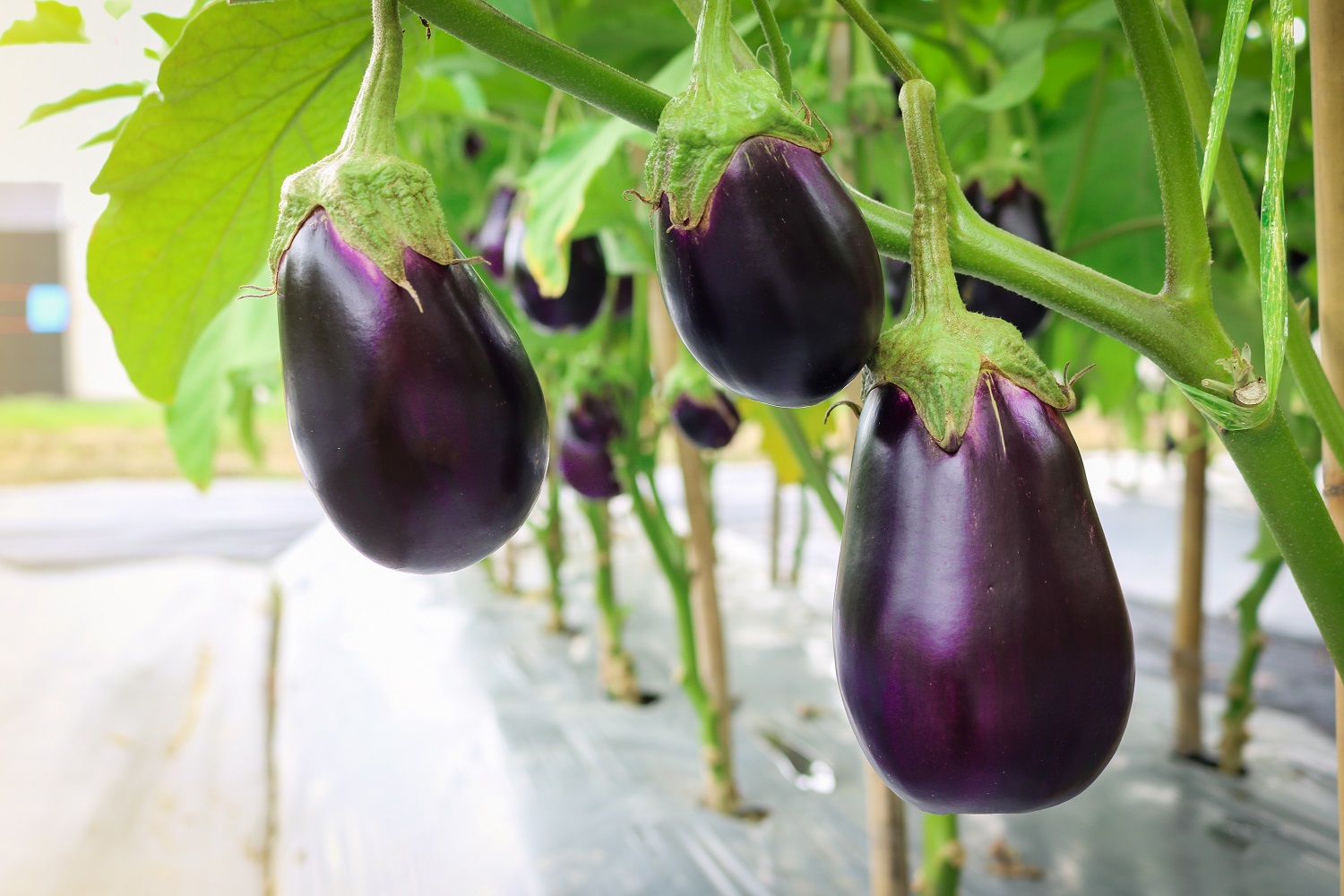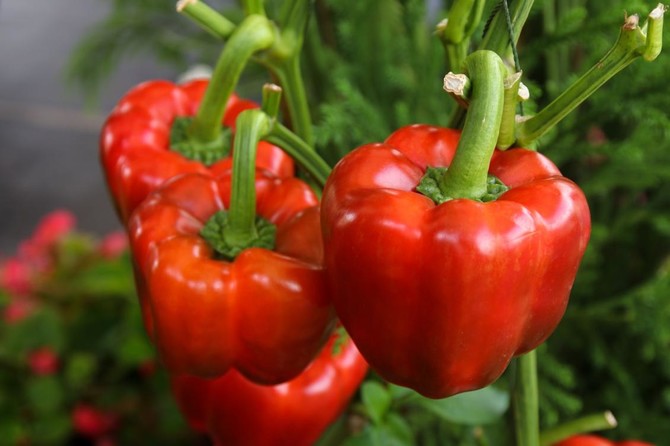DUBAI: As the international trend of growing your own vegetables heats up, as do the summer temperatures in the Gulf. However, if you wish to cut costs by feeding your family organically grown veggies, fear not for you too can jump on the grow-your-own bandwagon and beat the heat with these hardy options.
Eggplants
Eggplants will grow well when planted through June and are best adapted to high heat in a not-too-foggy environment. They do, however, need a significant amount of nitrogen so you will have to use additional fertilizer and ensure the seedlings get plenty of sun. If you’re short on space, try planting the seedlings alongside tomatoes, which also do well in sunny, hot environments.
Beans
An amazing and healthy variety of beans can be produced all summer long, making for the perfect addition to salads or side dishes. The long list includes pinto, kidney and cannellini beans, snap beans or string beans and green beans, soybeans, edamame, asparagus and yard-long beans.
Cucumbers and sweet corn
Corn is one of the best companion plants for cucumber. The tall stalks of sunflowers help shade cucumber plants in the hot summer sun and both can be grown in June, making for a great two-in-one option if you are short on space.
Peppers
Make sure you plant your peppers in a bed that receives sunlight all day long. The soil should be well-drained and the peppers should be planted a minimum of 30 centimeters apart. Most sweet peppers mature in 60-90 days, while hot peppers can take up to 150 days to mature.
Pumpkins and squash
These hearty soup, stew and side dish options are ideal for soaring summer temperatures, especially if you go for Moschata-type summer squashes that need nighttime temperatures of more than 15 degrees Celsius to grow well (that’s a breeze in our corner of the world).
Okra
The drought-tolerant vegetable will grow well alongside melons, cucumbers, sweet peppers or eggplant, but make sure to go for heirloom varieties of okra with deeper root systems. The far-reaching roots allow the vegetables to boast improved drought and heat tolerance qualities.













